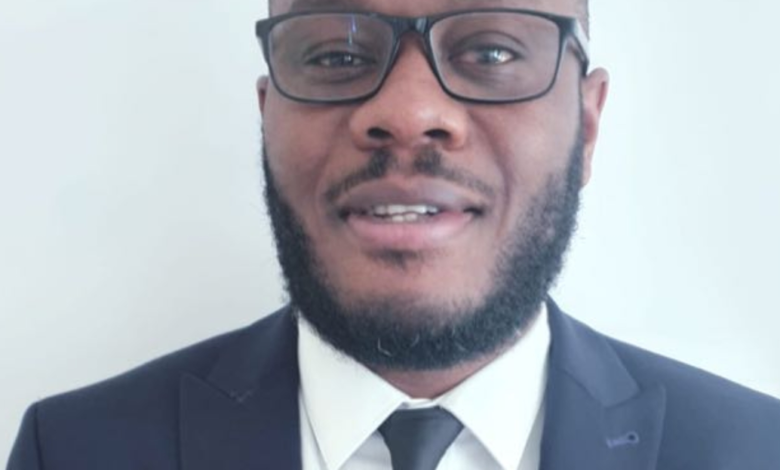More Women And Black People Needed On Boards Of Humanitarian Organisations – Research
A new research paper written by Wale Osofisan, has highlighted the need for more women and black people to be represented on the board of humanitarian organisations for effective action.

Wale Osofisan, a senior director for the governance technical unit at the International Rescue Committee, (IRC), a humanitarian and international development organisation, based in the United Kingdom has called for creative ways to redesign positions of power in the global humanitarian sector as a way to address evident gaps created by non-representation of critical interests, particularly women and people of colour.
Osofisan who is a member of the editorial board, Journal on Conflict Transformation and Security, in a recent research evaluation of the global humanitarian operations observed that the global leadership structure is dominated by “mostly white men, a few white women, and, if one looks hard enough, one may be lucky to spot a few black and brown men and women working within western cities such as New York, London, Paris, Geneva, or Washington DC.”
The research paper, titled “How to reassign power in the humanitarian sector,” referencing the lack of “ethnic diversity on the boards” of 69 per cent of 2020 FTSE 250 companies to argue that the trend of alienation and exclusion of people of colour in leadership echelons of global institutions and sectors had persisted for long.
The document observed that the crop of people currently occupying the leadership positions in the global humanitarian and development sector “are the people who have the privilege of making decisions that affect millions of people around the world, particularly those who are seen as living in conflict and crisis-affected countries in the Middle East, Africa, and Southeast Asia.”
Arguing that power and the use to which it is put were crucial to making meaningful and lasting change, the paper questioned the current practice of humanitarian agencies making decisions that “affect people thousands of miles away, with little to no input from the people these decisions are meant to serve, especially women and girls who are disproportionately impacted by crises.”
The paper further lamented that the connection between “the individual donors, taxpayers through their aid institutions, and shareholders to the clients meant to receive these resources is either non-existent or, at best, cosmetic in nature.”
Developing this position further, it wondered what it would look like “for taxpayers in a donor country to develop a relationship with refugees and internally displaced persons thousands of miles apart?
Comparing the required new paradigm for victims of humanitarian challenges globally with the power to choose that is available to voters and consumers alike the paper envisages situations where refugees and internally displaced persons “can try to make their voices heard through project suggestions boxes and complaint and grievance mechanisms.”
It explained this to mean that “we take an intersectional approach to working with local partners, including by amplifying the voices of women and girls whose lives have been affected by conflict and crisis; championing their rights to influence the issues that affect their cities, towns, and communities; and ensuring their priorities and preferences inform program design and implementation.”
Osofisan, concludes in the paper that “to create real, transformational change, we must be comfortable with power being shared, given, and even lost.”
He expressed expectations that such a dramatic change “is likely to provoke a pushback,” but recommends that the humanitarian sector should prioritize respecting communities as sources of knowledge and decision-makers on issues that directly affect them.
He further recommended that humanitarian agencies should “skew donor accountability downwards” in a manner that lets the communities determine what a successful development program looks like, and finally shift to “a model where the people and, in particular, women and girls from the marginalized groups make the final judgements, further influencing where future donations can be spent.
Support Our Journalism
There are millions of ordinary people affected by conflict in Africa whose stories are missing in the mainstream media. HumAngle is determined to tell those challenging and under-reported stories, hoping that the people impacted by these conflicts will find the safety and security they deserve.
To ensure that we continue to provide public service coverage, we have a small favour to ask you. We want you to be part of our journalistic endeavour by contributing a token to us.
Your donation will further promote a robust, free, and independent media.
Donate HereStay Closer To The Stories That Matter




